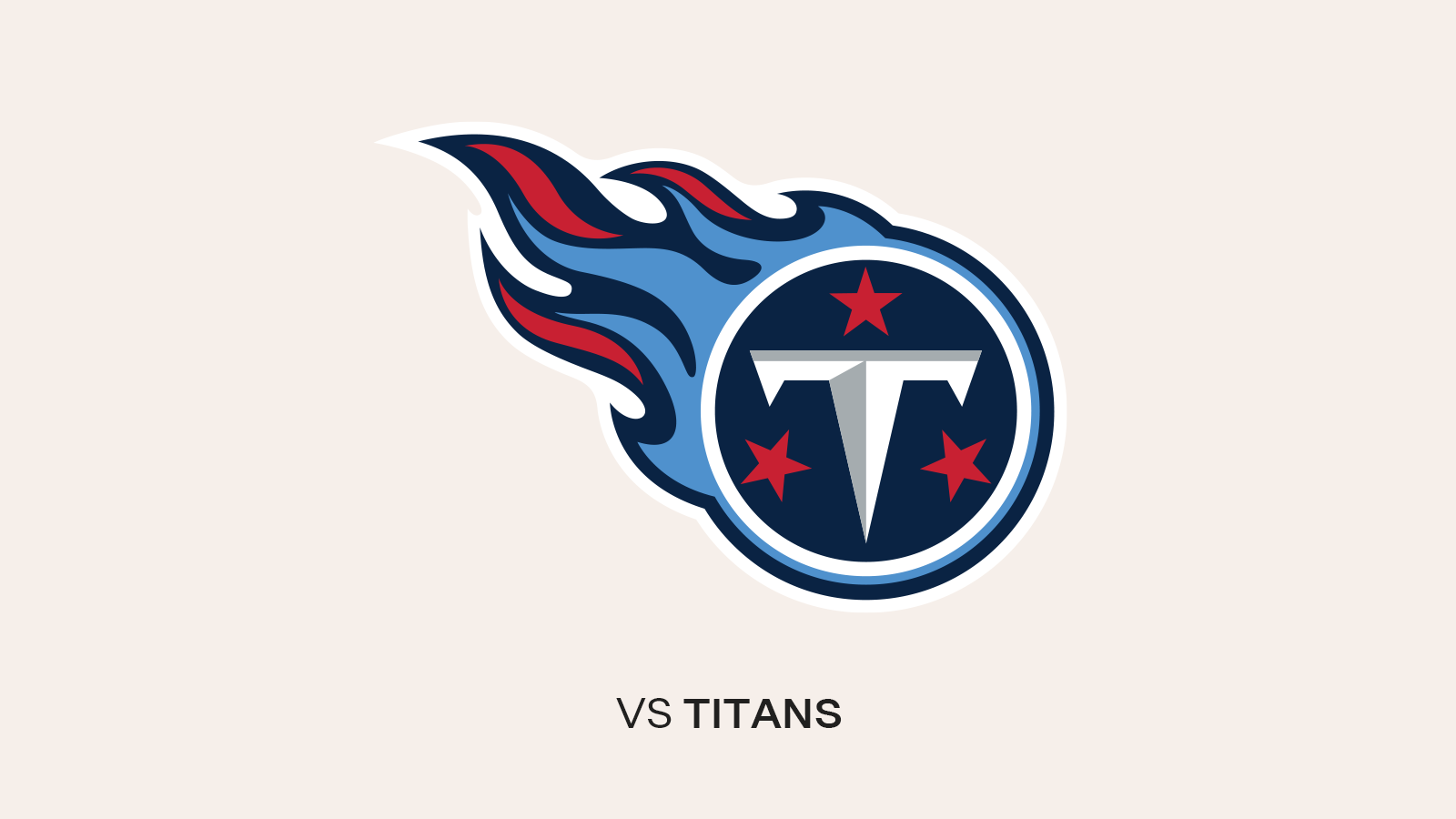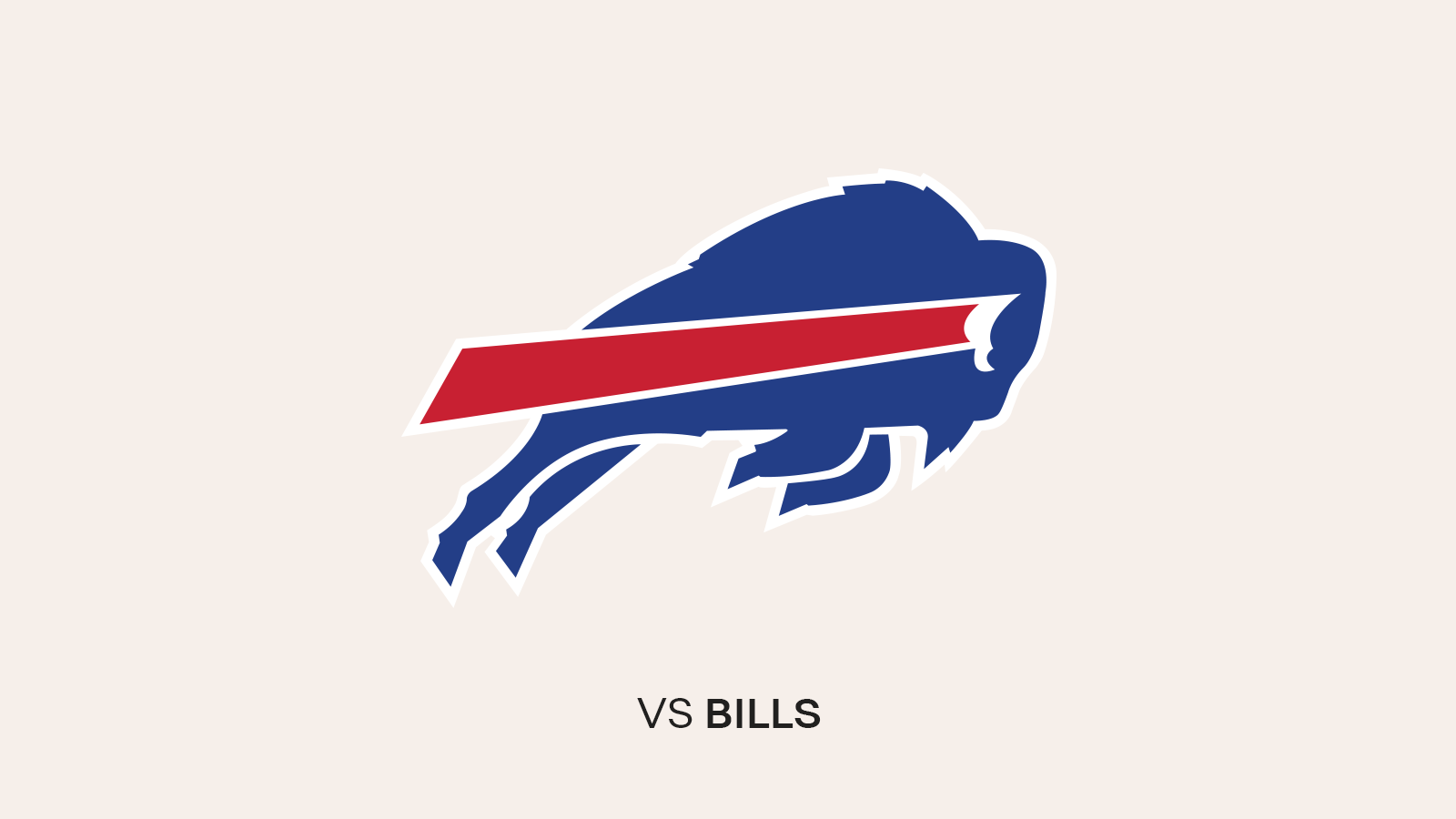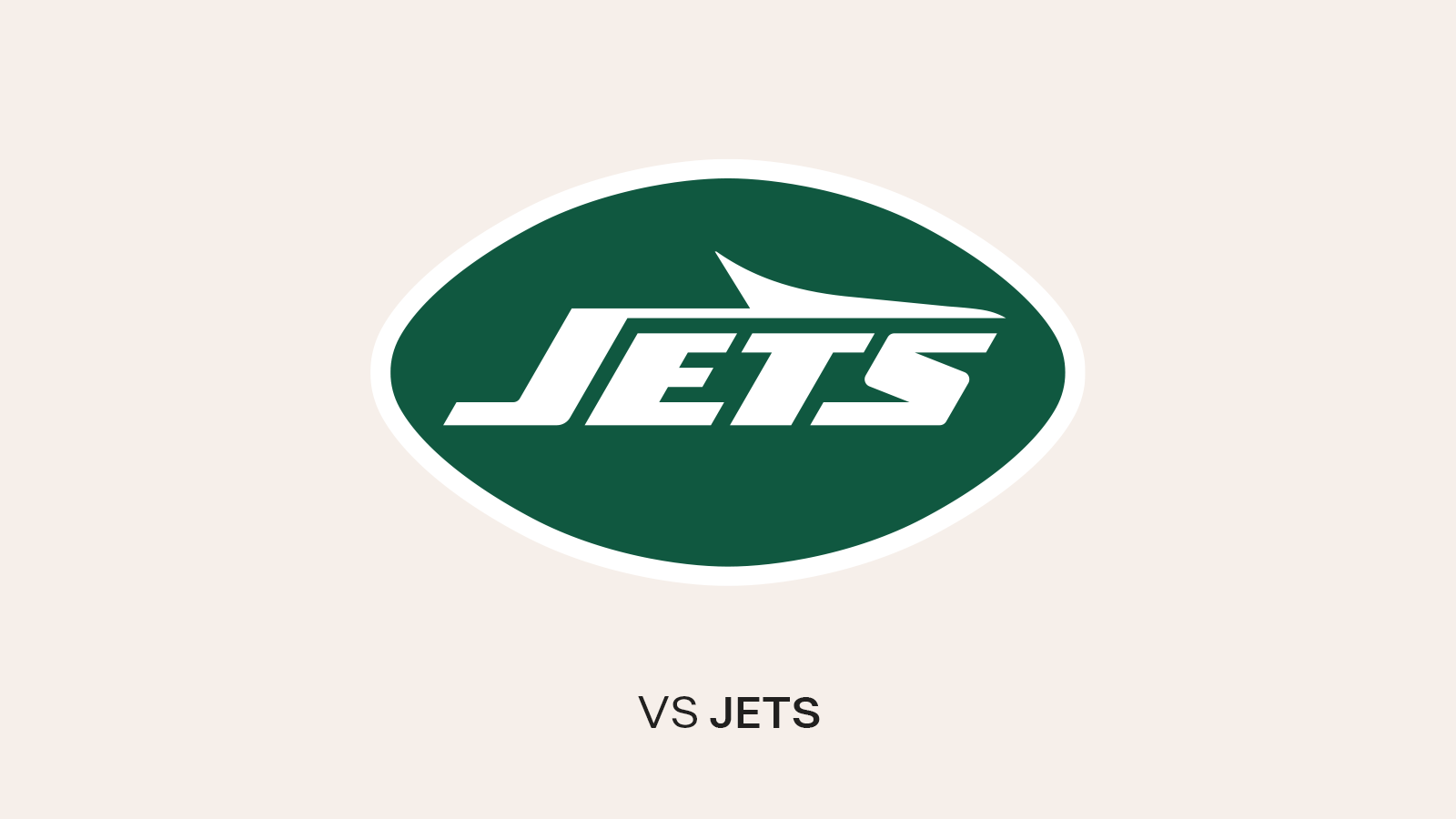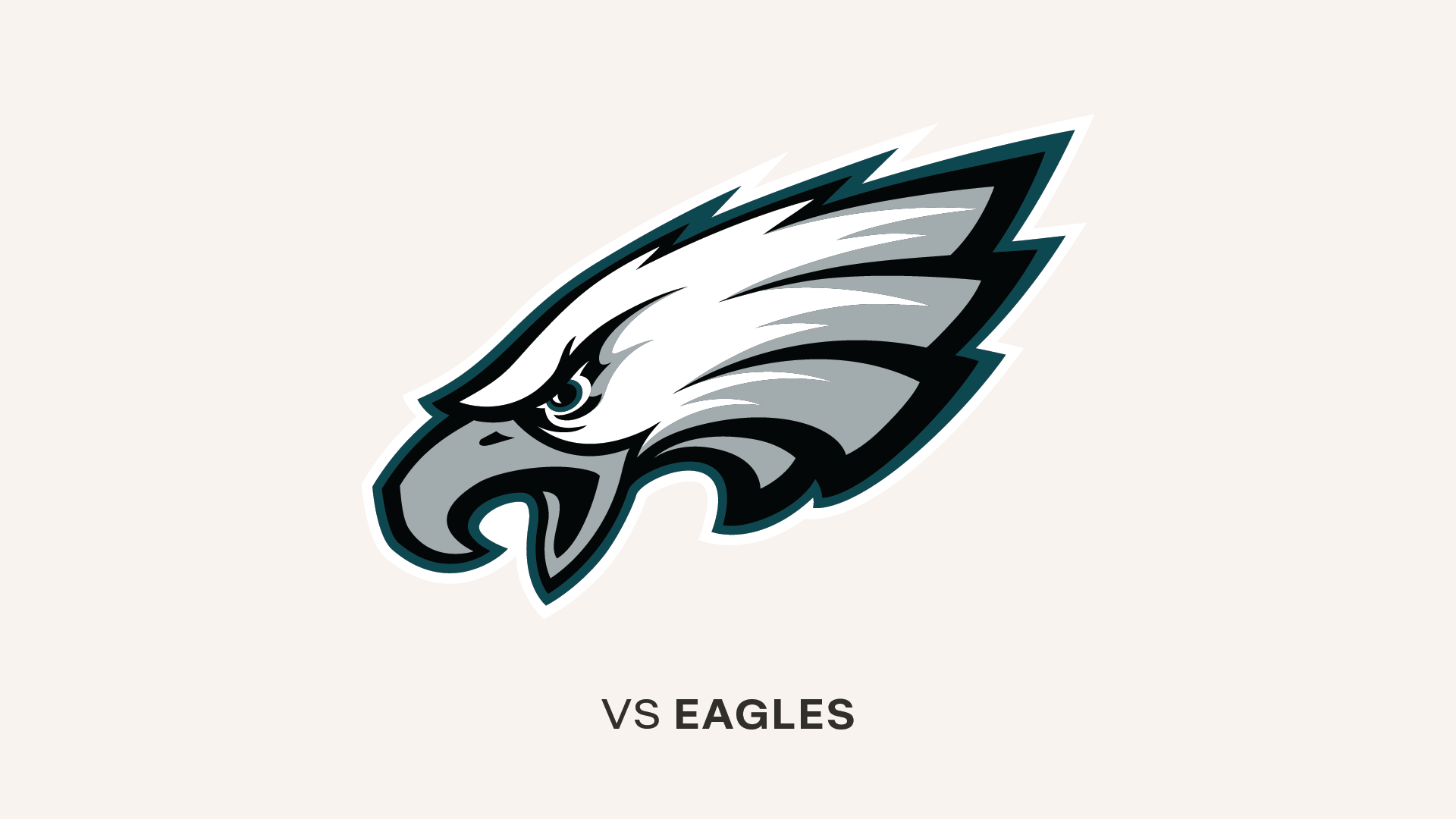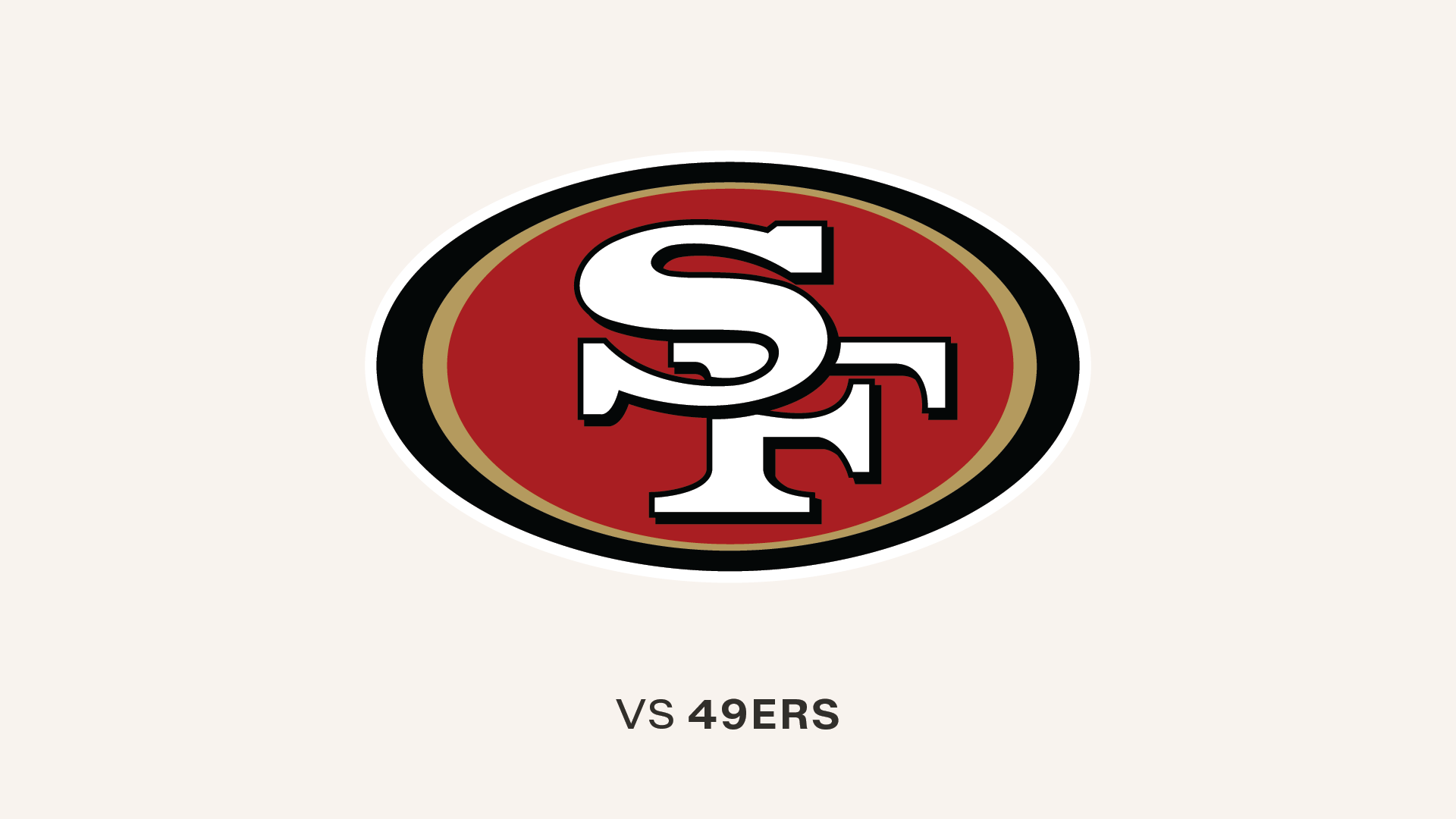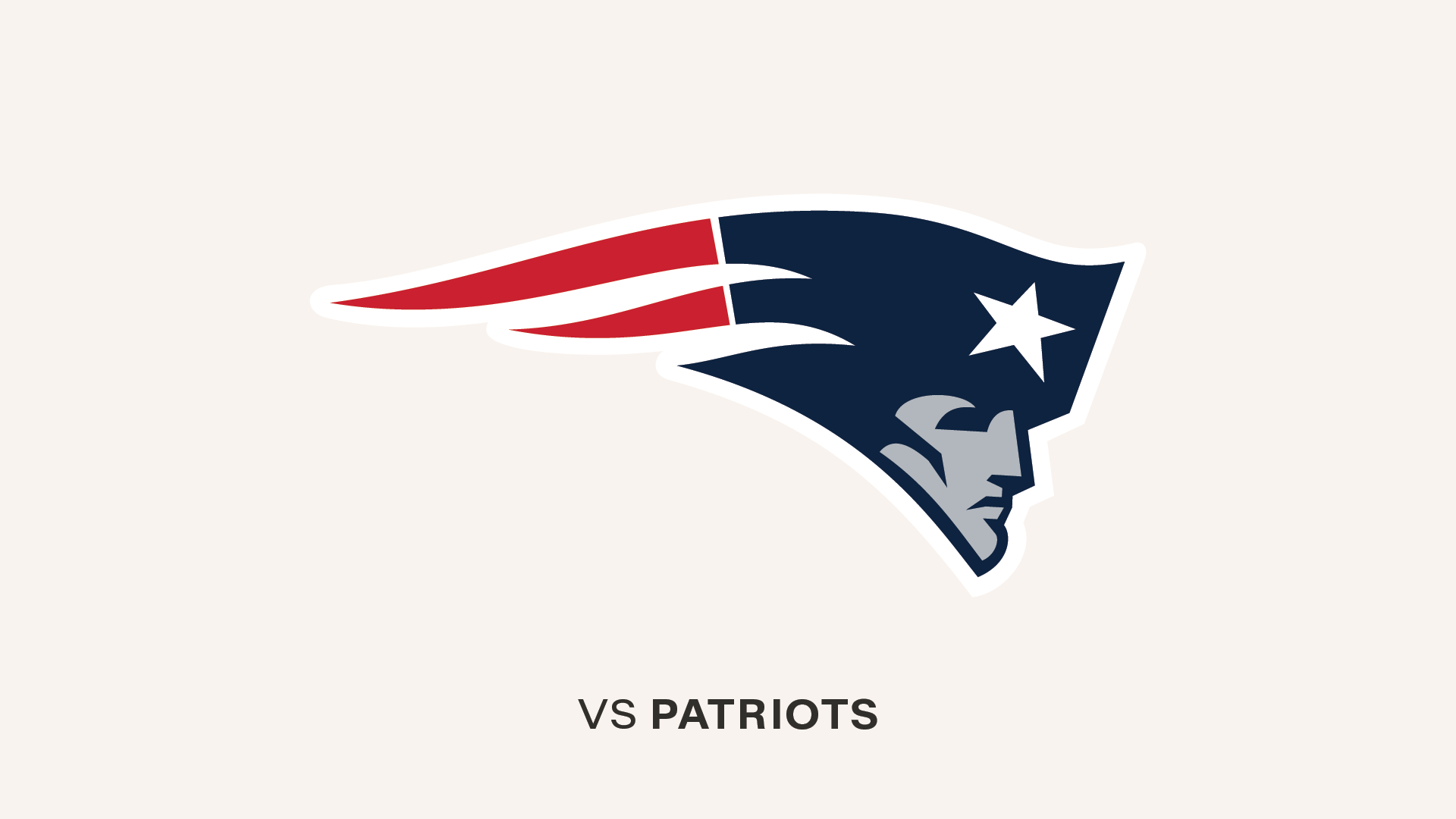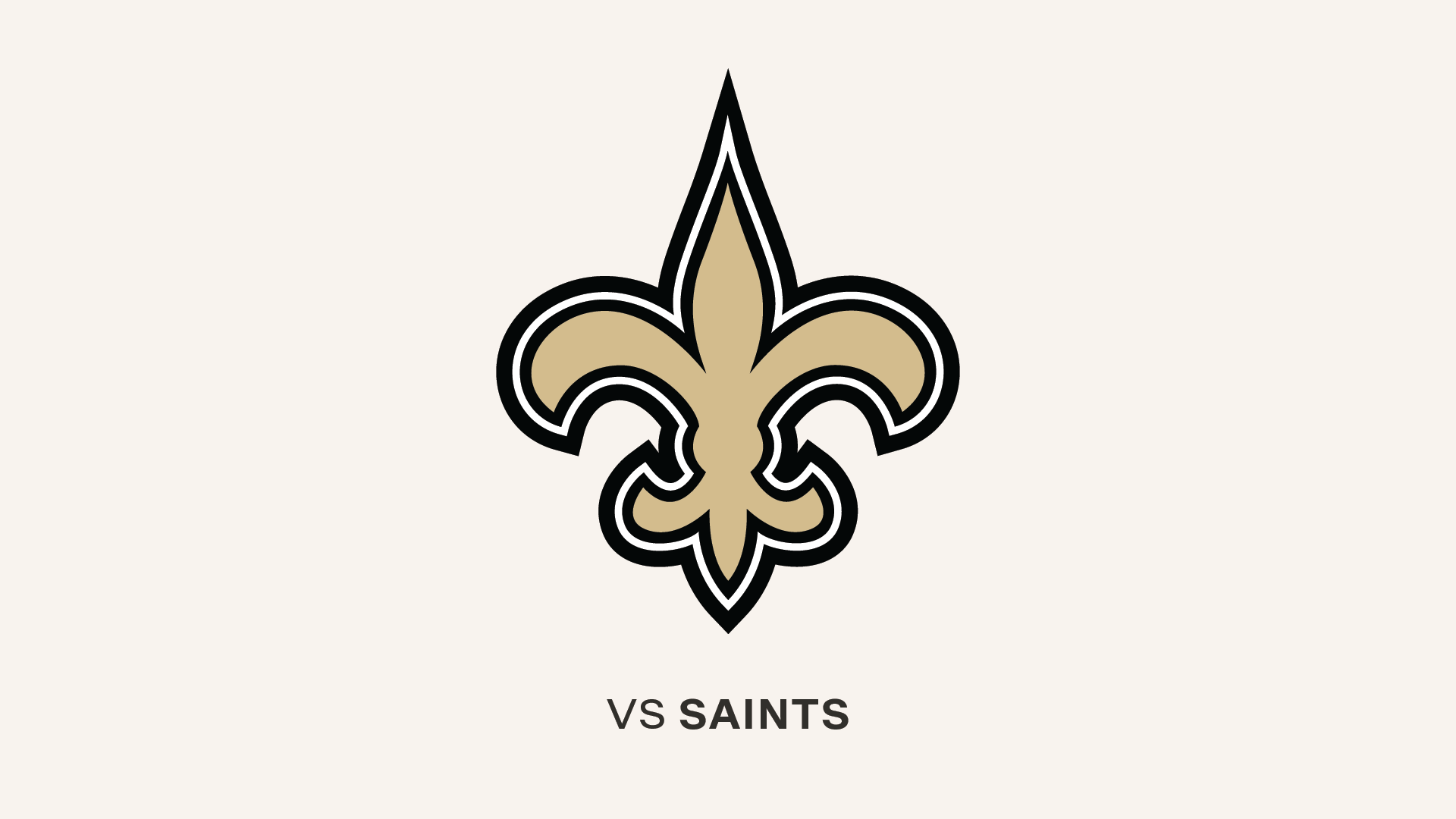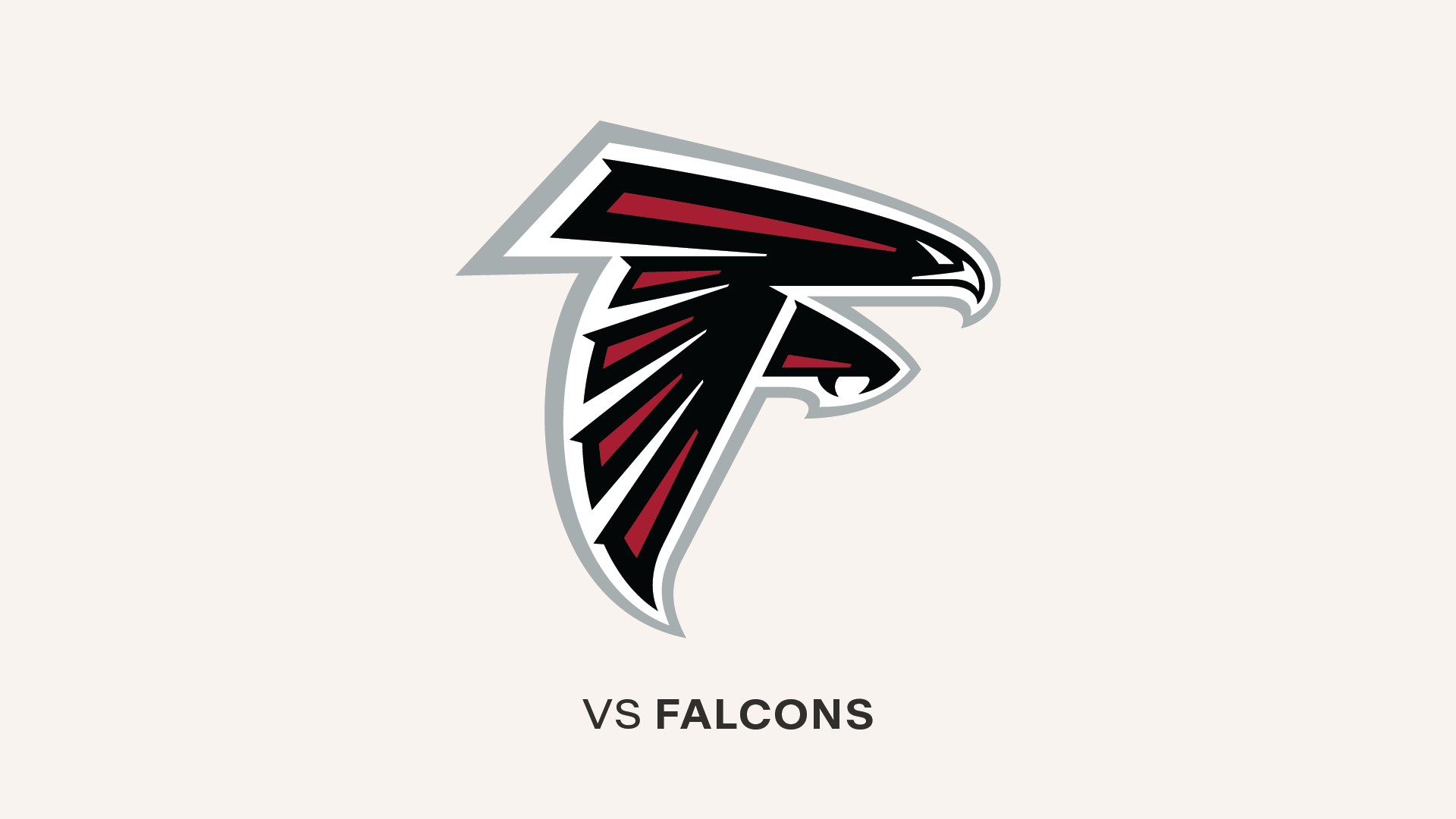Rookie RB Clifton Smith hopes to get a chance to put his blazing speed on display this weekend in Miami
Clifton Smith battles expectations every day. He draws motivation from being told something is out of reach. He then finds a way to reach it, just to prove the doubters wrong.
None of which makes Smith particularly unique. As a 5-8, 180-pound man trying to make it in the National Football League, that attitude is practically a necessity. Smith is far from the first player of his stature to show up in an NFL camp; you'll find them all over the league every summer.
Some make it, more do not. A dispassionate observer, not conversant with a young man's dreams, might fairly say that many of these players have succeeded simply by getting a shot at the NFL.
But Smith's story is more than that of an average-sized man trying to make it in a sport of giants. Height isn't even close to the toughest hurdle he has had to cross. Where others have overcome obstacles, Smith has stared down at a dead end and somehow found a way out.
Before his sophomore season at Fresno State began in 2005, Smith converted from cornerback to running back, as the Bulldogs hoped to use the game-breaking speed he showed on kick returns in their offense as well. In the season opener, Smith set an NCAA record by returning three punts for 189 yards and two touchdowns. The next weekend, against Oregon, Smith suffered a knee injury.
And that's putting it mildly. Here's how the doctors put it: "Career-ending."
Those are the words Smith heard after he blew out his knee in dramatic fashion. Not only did he rip the ACL and LCL — anterior and lateral cruciate ligaments, and abbreviations with which most sports fans are familiar — but he also tore his hamstring tendon and, most ominously, his ITB.
If you haven't heard of that latter ligament, you're not alone. It's likely Smith hadn't either, before his was snapped. The iliotibial band begins as a thick band that covers the outer thigh muscles, and travels down the outside of the leg to the knee joint, where it attaches to the outer edge of both the tibia and fibula, just below the knee joint. Fresno State doctors saw what Smith had done to his knee and didn't want to sugarcoat it.
"They said I might not be able to play again," he recalled.
Fast forward to the summer of 2008 and Smith is most definitely playing again. He's in the Tampa Bay Buccaneers training camp as an undrafted rookie, trying to make it in the NFL. During the first two weeks of training camp, he has performed quite well, even drawing a round of unsolicited praise from Head Coach Jon Gruden after a recent practice. Whether he will forge a long career in the NFL is still a question mark, but that career definitely didn't end that weekend against Oregon.
What drove Smith to fight for almost two years to fully recover from his mishap?
"My biggest thing was my love for the game," he said. "I didn't want to let people see me fail. I had a lot of people tell me that I was never going to be the same again. I wasn't going to do this, I wasn't going to do that…you've got to prove all those people wrong. I think that was my motivation for coming back and playing the game."
Smith missed the rest of the 2005 season and, though he played in 10 games in 2006 he was still limited by his recovery. The Bulldogs used him on special teams but Smith's debut on offense was still delayed.
So it wasn't until the fall of 2007, five years after he was one of the best running backs in the Fresno area as a high-schooler, that Smith got a chance to carry the ball. He had waited long enough.
Though not the Bulldogs' primary ballcarrier, Smith carried the ball 100 times for 625 yards (6.3 avg.), caught 33 passes for 352 yards and continued to excel on special teams. Now, it may be that the Buccaneers came calling primarily because of his punt-return skills — he averaged a stunning 16.7 yards per return over his career and scored five touchdowns — but Smith believes he can carry his offensive success over into the NFL, too. The Bucs have been giving him a chance on the practice field, even with a crowded backfield that includes Earnest Graham, Warrick Dunn, Michael Bennett and a still-rehabbing Cadillac Williams.
"I think I can prove to be the whole package," said Smith, who smiles easily but has a surprising baritone to his voice. "My history in college was kind of up-and-down because I sat out for two years and only played offense for one year. My senior year, as far as offense goes, I did a real good job.
"I feel like I've been doing okay here at camp. I think the biggest thing for me was just coming out here and trying to impress the coaches, trying to make a name for myself and get established."
The Bucs are definitely considering Smith in their return-game plans, though. During most punting drills, Smith takes turns fielding the kickoffs with returning wide receiver Micheal Spurlock and rookie second-rounder Dexter Jackson.
"Special teams are going well," said Smith. "Coach Bisaccia is giving everybody a fair chance to return some balls. I've just got to take advantage of every opportunity they give me to make a name for myself."
In a way, he already has. His teammates and even some coaches have taken to calling him, "Peanut." It's said affectionately, and he doesn't seem to mind, but it is obviously another reference to his size. That's okay, he's overcome much more difficult obstacles. And if they want to call him Peanut, he hopes they at least do so on game day this preseason, when it's time for someone to make a big play in the return game, or even on offense.
"That's what I'll be waiting for," said Smith, "to hear my name being called."























